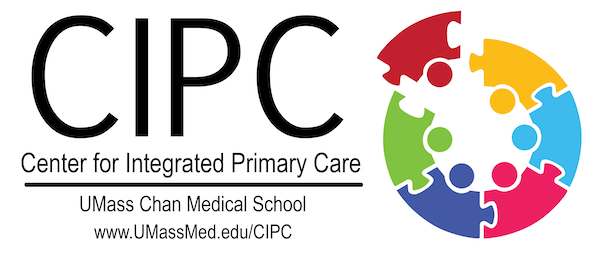Learning Objectives
Motivational Interviewing (2 parts)
Learning Objectives
VIDEO LESSONS ONLINE MODULES
After viewing each Lesson, participants will be able to:
1: Healthcare Behavior Change, and MI
1) Describe the urgency of addressing health behavior in the delivery of patient care
2) Analyze the relationship between the Stages of Change and MI
3) Describe the limitations of paternalistic advice-giving approaches to facilitating health behavior change
2: Defining MI
1) Describe Motivational Interviewing
2) List the elements of MI that differentiate it from other approaches to behavior change
3) List three behaviors that are incompatible with MI
4) Describe concepts including: Resisting the Righting Reflex, Ambivalence, and Autonomy
3: Spirit of MI
1) List the elements of the Spirit of Motivational Interviewing
2) Describe the guiding style and the role of collaboration in MI
3) Describe the role of a nonjudgmental approach and acceptance in behavior change
4) Compare evoking and education and describe the role of each in behavior change
4: OARS
1) Compare between open-ended questions, affirmations, reflections, and summaries
2) Describe the differences between open-ended and closed-ended questions
3) List three ways summaries can be used in the practice of Motivational Interviewing
4) Describe affirmations and their value in behavior change
5) Analyze reflections in MI
5: Complex Reflections and Empathy
1) Describe the differences between complex and simple reflections
2) Compare the relationship between complex reflections and empathy
3) Demonstrate simple and complex reflections
6: Change Talk and Sustain Talk
1) Describe ambivalence and its relationship to patient behavior change
2) Analyze the essential qualities of change talk
3) Compare change talk from sustain talk
4) Describe change talk in patient’s utterances
7: Responding to Sustain Talk and Discord
1) Describe sustain talk from discord
2) Describe three approaches to responding to sustain talk
3) List three strategies for responding to discord
8: The 4 Processes
1) Describe the four processes of Motivational Interviewing
2) Describe the relationship between the four processes and OARS skills
3) Describe how change talk and sustain talk may differ in each process
4) Describe how evoking relates to each of the four processes
5) Apply the four processes to work with patients with chronic diseases
9: Change Planning
1) List three indicators that patients are prepared to develop a change plan
2) Assess the role of the Spirit of MI and OARS in change planning
3) Describe the essential elements of high-quality change plans
10: Motivational Interviewing: Theory and Evidence
1) Describe the history of MI
2) Describe current theories of why MI works
3) Compute the evidence for MI in facilitating behavior change
4) Describe the evidence for empathy in healthcare encounters
5) Describe the evidence for change talk and behavior change
LIVE LEARNING LABS ON-LINE ZOOM
Learning Lab 1
The Spirit of Motivational Interviewing and Introduction to OARS
By the conclusion of this session participants will be able to:
1) Analyze between open-ended questions, affirmations, reflections, and summaries
2) Describe the differences between open-ended and closed-ended questions
Learning Lab 2
Developing Motivational Interviewing Skills: OARS
By the conclusion of this session participants will be able to:
1) List three ways summaries can be used in the practice of Motivational Interviewing
2) Describe affirmations and their value in behavior change
3) Describe reflections in MI
Learning Lab 3
Evoking Change Talk
By the conclusion of this session participants will be able to:
1) Describe ambivalence and its relationship to patient behavior change
2) Assess the essential qualities of change talk
Learning Lab 4
Responding to Sustain Talk and Managing Discord
By the conclusion of this session participants will be able to:
1) Compare change talk from sustain talk
2) Explain change talk in patient’s utterances
3) Use OARS skills to respond to and elicit change talk
Learning Lab 5
Developing a Change Plan and Consolidating Patient Commitment
By the conclusion of this session participants will be able to:
1) List three indicators that patients are prepared to develop a change plan
2) Analyze the role of the Spirit of MI and OARS in change planning
3) Describe the essential elements of high-quality change plans
